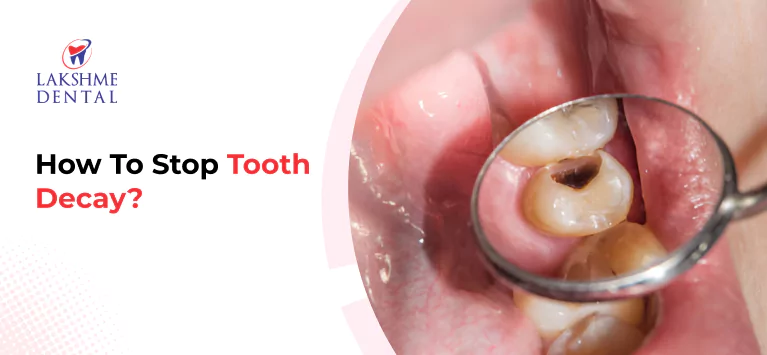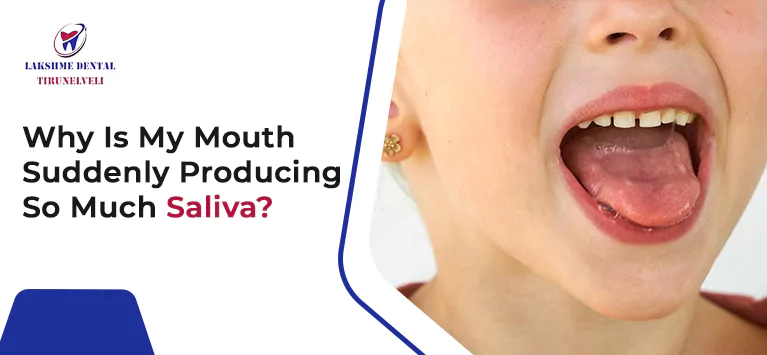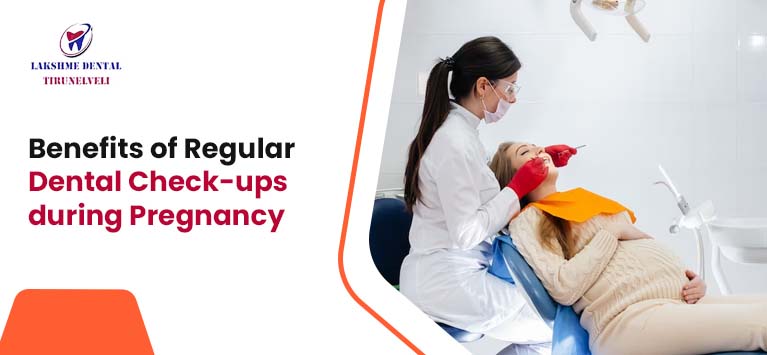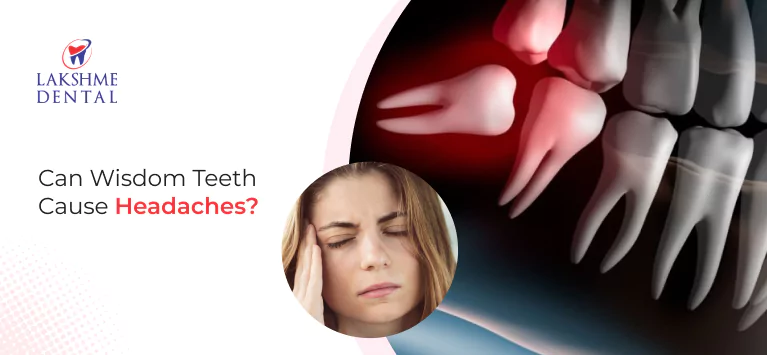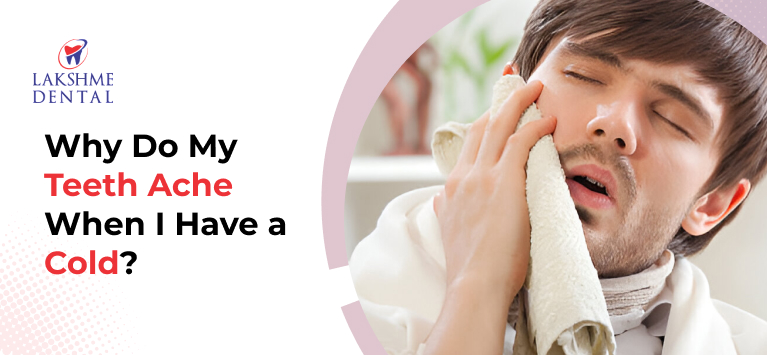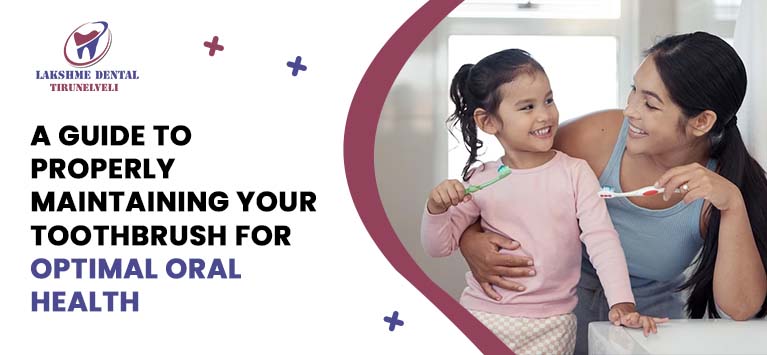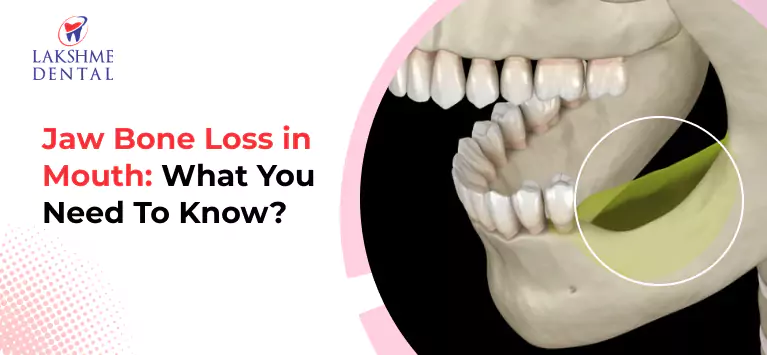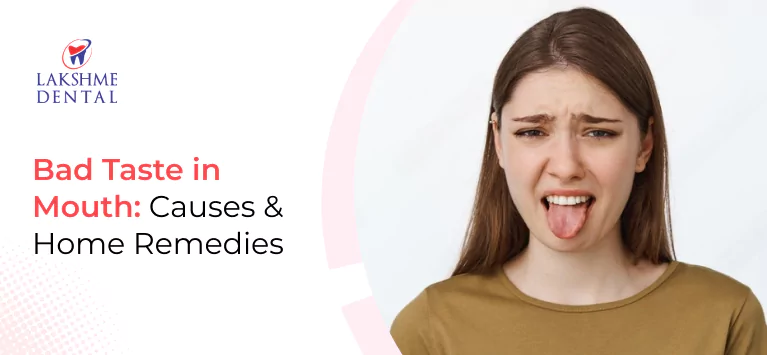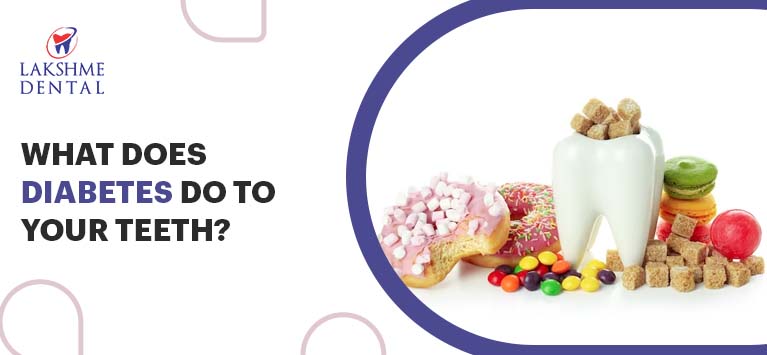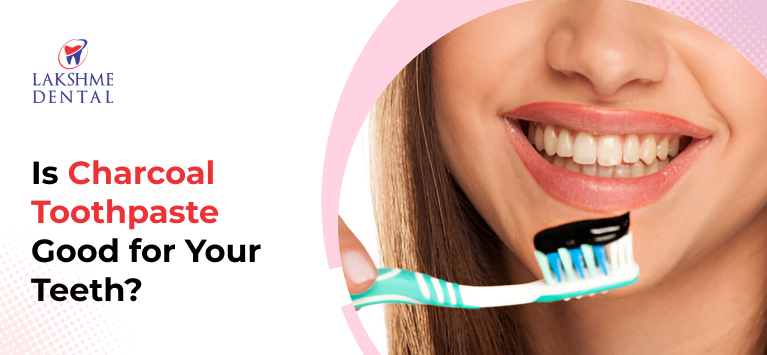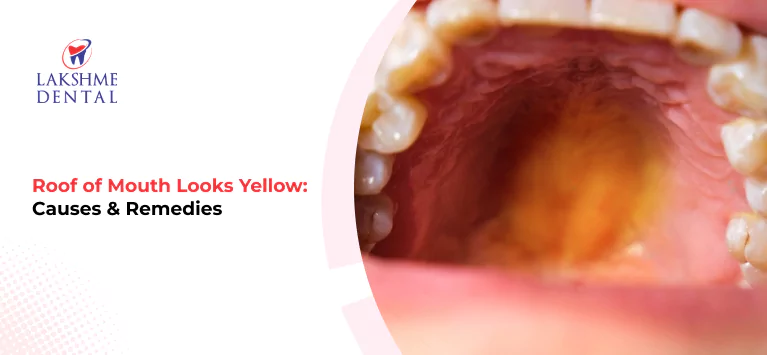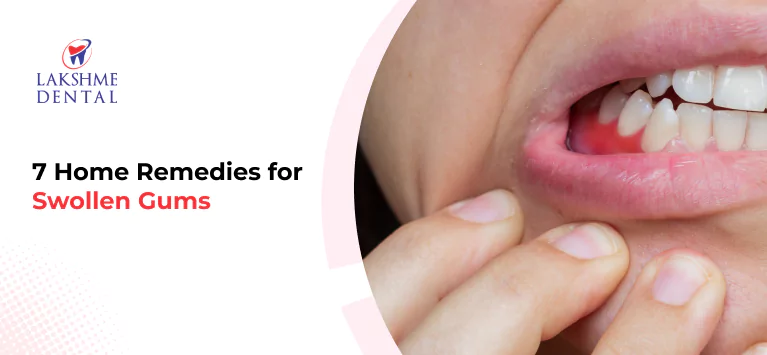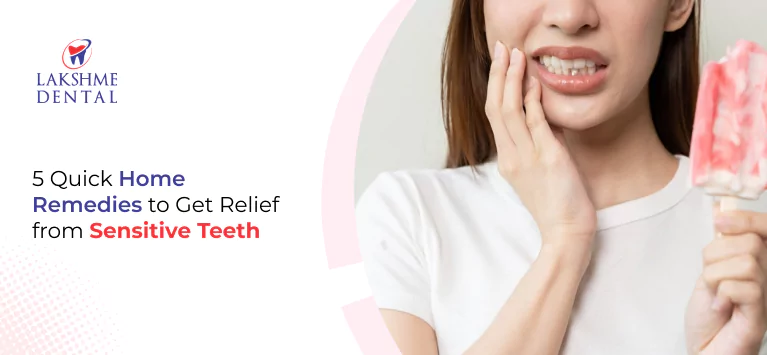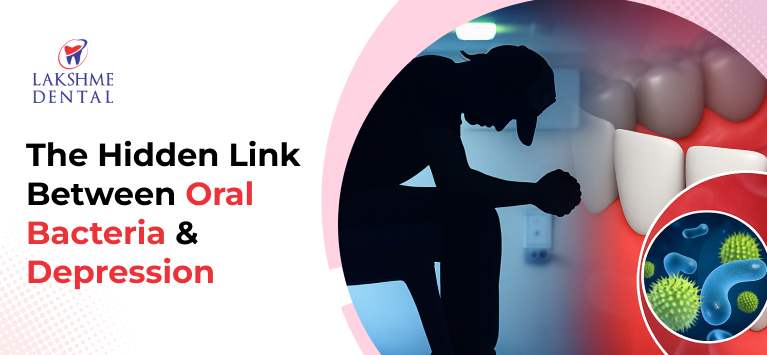
The Hidden Link Between Oral Bacteria & Depression
Key Facts
- Lower oral bacterial diversity has been linked with more depressive symptoms.
- People with depression commonly show reduced oral microbial richness.
- Gum disease inflammation markers overlap with those studied in depression research.
- Skipped brushing during depressive episodes can rapidly shift your oral microbiome.
- Improving oral health won’t cure depression, but it can reduce inflammatory burden and support whole‑body care.
Our mouth contains one of the body’s most diverse and densely populated microbial ecosystems. Hundreds of species of bacteria, as well as fungi, viruses, and archaea live on your teeth, tongue, cheeks, gums, and saliva.
Why does it matter? A healthy oral microbiome defends teeth and gums, strengthens the immune system, and controls harmful bacteria. When balance breaks down (called oral dysbiosis), trouble starts: cavities, gum disease, bad breath and possibly effects beyond the mouth.
Estimates suggest the oral cavity can host hundreds of bacterial species and up to billions of individual microbial cells at any given time.
Why do dentists focus on overall health?
Modern dentistry isn’t just about fillings. Dentists now screen for diabetes, cardiovascular risk, sleep-disordered breathing, and inflammatory conditions because what happens in your mouth rarely stays there.
When gum inflammation persists, it can send bacteria and inflammatory markers into your circulatory system. Systemic inflammation is a known player in mood disorders, including depression. So, the oral–body connection is a logical place to look.
What the Research Says?
Are mouth bacteria linked to depression?
The science is still developing, but several study types point in the same direction. People with depressive symptoms often show differences in their oral microbial communities compared with non‑depressed individuals. Below are the key research threads.
Large Population Data (NHANES Analysis)
A recent analysis of data from 15,000+ U.S. adults in the National Health and Nutrition Examination Survey (NHANES) found that lower oral microbiome diversity was associated with greater self‑reported depressive symptoms. Subgroup patterns suggested that the link was especially notable in certain demographic groups , though more study is needed to confirm why.
Meta-Analysis & Systematic Reviews
A 2025 BMC Oral Health meta-analysis pooling available studies reported an overall negative association between oral microbial alpha diversity and depression, meaning that people with depression tended to show less microbial richness. While the effect size was modest, it held across multiple study designs.
Systematic reviews have also noted consistent signals linking periodontal (gum) disease, oral inflammation, and mental health outcomes, although study quality varies.
Micro biome Signature Studies
Smaller but detailed microbiome sequencing studies have compared the saliva or subgingival plaque of individuals with and without depression. Some have found higher relative abundance of Prevotella species in those with mood symptoms. Others reported differences in Neisseria and declines in typical commensals like Actinomyces. Distinct microbial “signatures” may one day help screen at‑risk patients but it’s early.
How could oral bacteria influence mood?
Scientists are exploring multiple overlapping mechanisms:
Systemic Inflammation: Gum disease and oral infections release inflammatory mediators that have been linked to depression risk in population studies.
Immune Cross‑Talk: Oral pathogens can activate immune pathways that alter blood‑brain barrier permeability or neurotransmitter metabolism.
Oral–Gut–Brain Axis: Swallowed saliva constantly seeds the gut; oral bacteria that colonize (or modulate) the gut could influence serotonin pathways, vagus nerve signaling, or microbial metabolites tied to mood.
Neuroactive Metabolites: Some bacteria produce short‑chain fatty acids, lipopolysaccharides, and other molecules that affect immune tone and, indirectly, brain chemistry.
Behavioral Feedback Loop: Depression can reduce brushing, flossing, diet quality, and dental visits, driving oral dysbiosis, which in turn heightens inflammation, potentially worsening mood.
Warning signs to watch for
If you’re feeling persistently low and notice any of the following, schedule a dental exam:
- Bleeding gums when brushing or flossing
- Puffy, red, or tender gums
- Persistent bad breath (halitosis) not fixed by brushing
- Receding gums or loose teeth
- White, yellow, or film‑like buildup on the tongue
- Frequent mouth ulcers or sores
These are signs of oral imbalance and while they don’t “cause” depression on their own, they indicate inflammation worth treating.
Oral Care Steps
Daily: – Brush 2x/day with fluoride toothpaste (2 minutes each time). Floss or use interdental brushes once daily. Clean your tongue (tongue scraper or brush back gently). Finish with an alcohol‑free antimicrobial or microbiome‑friendly mouth rinse if recommended by your dentist.
Weekly / Lifestyle: Replace toothbrush head every 3 months (or after illness). Track bleeding gums.
Professional: – See your dentist every 6 months (or as advised for gum disease). Ask about periodontal screening if you have diabetes, are pregnant, or have mood disorders. Consider salivary testing or microbiome risk panels if available in your clinic.
Diet & Lifestyle Tips
- Limit added sugars and ultra‑processed snacks that feed acid‑producing bacteria.
- Eat fiber‑rich fruits/veggies; chewing stimulates saliva (your oral microbiome’s natural buffer).
- Include fermented foods (curd/yogurt, kefir, kimchi) for microbial diversity support.
- Stay hydrated. Saliva flow washes away harmful microbes.
- Avoid tobacco; smoking disrupts oral microbial balance and worsens gum disease.
- Manage stress: high cortisol can alter immune response.
When to see a dentist?
If you’re experiencing any combination of bleeding gums, persistent bad breath, gum recession, or jaw discomfort, book an appointment with your dentist. Early gum therapy reduces inflammation and helps restore a healthy microbial balance.
Ask for an oral–systemic health review if you’ve been feeling low. Our team can coordinate with your mental health provider when needed.
Bottom Line
The idea that your mouth may influence your mood is no longer far‑fetched. While scientists continue to untangle cause and effect, enough evidence now links oral bacteria patterns, inflammation, and depression symptoms that oral care belongs in any whole‑health plan.
Take charge: Brush, floss, hydrate, eat whole foods, manage stress, and see your dentist regularly. If mood changes persist, reach out to a mental health professional and let your dental team know. A healthy smile often reflects and supports a healthier mind.
Frequently Asked Questions
Research shows associations, but not definite cause. People with depression often have different oral microbiome patterns and more gum problems. Keeping your mouth healthy is a smart move while science continues to evolve.
Indirectly, yes. Good oral care lowers inflammation and discomfort, helps you chew and eat better, and may reduce one potential biological stressor tied to mood.
Both when in doubt. Dentists can treat oral infection/inflammation; mental health pros address mood directly. The two work best together.
Some lozenges and oral probiotics show promise in reducing plaque or gum inflammation. Whether they improve mood isn’t proven, but they may support a healthier oral environment.
Early data hint at differences across age, gender, and ethnicity groups. Lifestyle (smoking, diet, hygiene) likely plays a big role.
Some studies find higher rates of depression symptoms in people with periodontitis. Treat your gums—and if you’re feeling persistently down, seek mental health support too.

